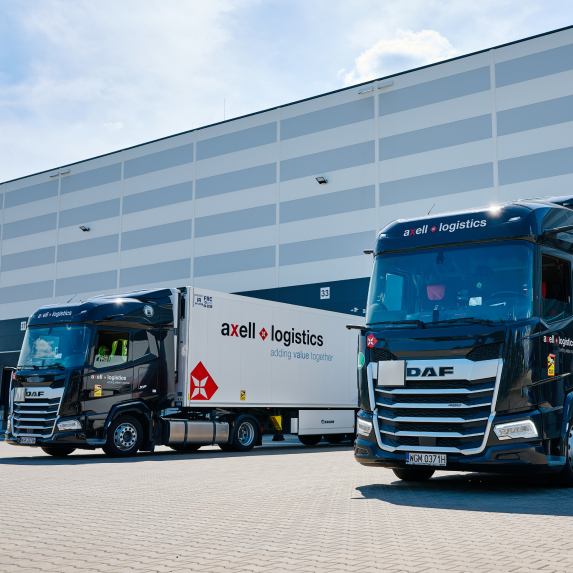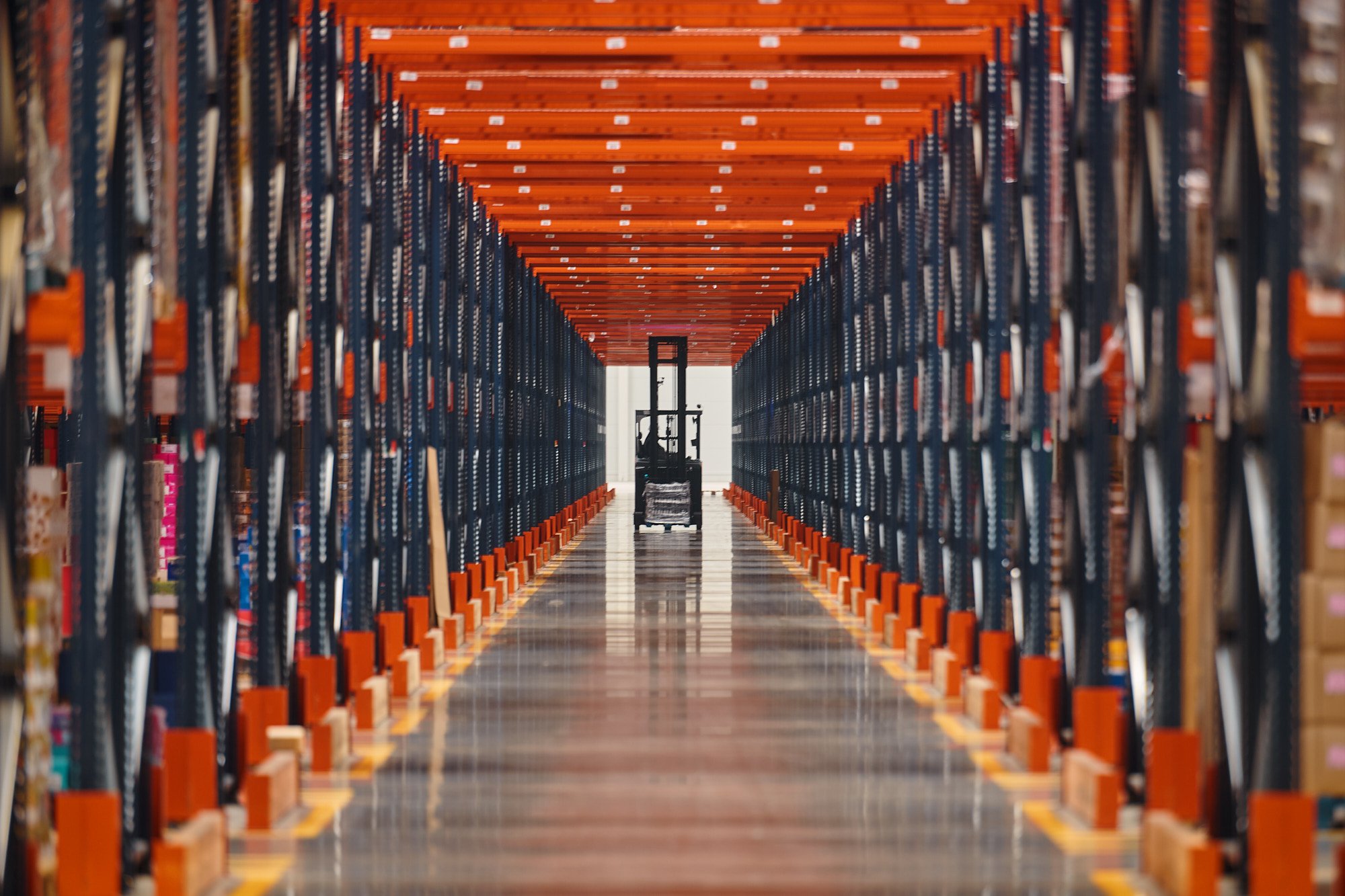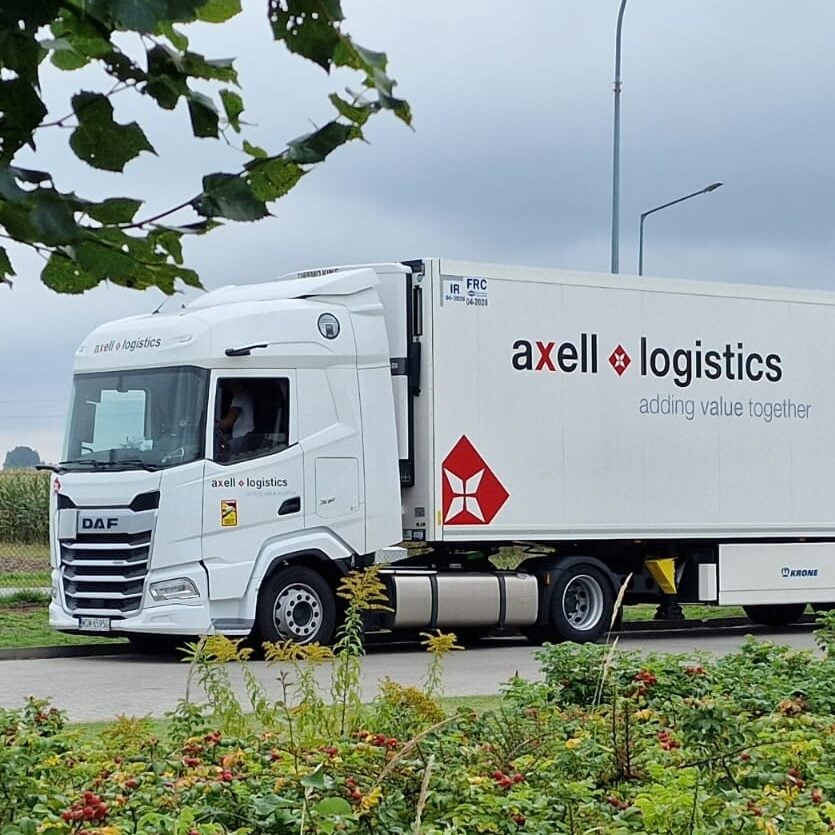What does logistics involve? Most people, when asked this question, picture lines of trucks, fully loaded container ships, or massive cargo planes. And there’s nothing wrong with that—transport is a core part of logistics. These two sectors complement each other, like yin and yang. Add freight forwarding to the mix, and you get the thriving TSL sector: transport, forwarding, logistics. In today’s article, however, we’ll focus on the last part. What is logistics, what does it involve, and what challenges exist in this sector? Read on to get to know the dynamic world of logistics.
What does logistics do?
Logistyka to kompleksowa nauka oraz praktyka zarządzania, która koncentruje się na planowaniu, Logistics is a broad science and business discipline focused on planning, controlling, and efficiently moving goods from their point of origin to their final destination. It’s more than just transport—it’s a complex system that coordinates resources, data, and processes to keep the supply chain flowing.
So what is logistics, really? It’s the art of getting the right products to the right place, at the right time, in the right quantity—to meet customer needs and keep costs down. It involves managing the flow of goods, including:
- warehousing
- transport
- planning
- control
- analysis
All of this takes place at every stage of the supply chain. In today’s world, understanding what logistics is and how it works is a key element of business success. It enables companies to respond quickly to market changes and deliver products efficiently to customers.

Who is a logistics specialist? A typical workday
A logistics specialist is someone who coordinates various stages of the supply chain and ensures that processes around goods flow are optimized. Ideally, this person has qualities such as:
- strong analytical skills
- excellent organization
- stress resilience
- familiarity with modern technological tools to ensure smooth and efficient product distribution
So, in short—who is a logistics specialist? Someone who manages the flow of goods at every stage of the supply chain.
Many people wonder whether logistics is difficult. One way to answer that is by looking at a typical workday for someone in this role. Aside from the usual coffee, it generally looks like this:
- it starts with analyzing data on inventory levels, demand forecasts, and current orders. This stage involves planning and setting priorities and schedules
- then comes supervision of the goods being prepared for shipment, ensuring they are properly packed and labeled
- throughout the day, the logistics specialist continuously monitors logistics operations, manages the team, and keeps everything running smoothly—making decisions in the face of unexpected events or last-minute changes in customer orders
They often work closely with other departments, such as sales or production, to improve workflows and ensure the best possible quality. The goal is simple: get the products to the customer on time, in the right quantity, and in perfect condition. Looking at what a logistics specialist actually does, it’s clear that this is a fast-paced environment—not everyone will feel at home in it.
Is logistics difficult?
Logistics can be demanding, but how challenging it is really depends on the scale of operations and the complexity of the supply chain. It requires precision, quick decision-making, and strategic planning, which makes it a field that demands commitment and skill. But is logistics hard? It’s definitely dynamic and ever-changing, which means not everyone will thrive in such an environment. It can be stressful, but also exciting and fulfilling. And with the continuous development of new technologies and tools that support logistics processes, managing them is becoming increasingly efficient.
The importance of logistics in today’s world
The modern world simply couldn’t function without logistics. It forms the foundation of operational efficiency, enabling companies to respond quickly to changing market needs, ensure smooth supply chains, and improve customer service. Understanding what logistics is and how it works as a strategic business tool allows companies not just to survive, but to thrive in a dynamic and competitive landscape.
The logistics services provided by Axell Logistics are based on deep knowledge, expertise, and years of experience. We understand that logistics is the key to managing the complexity of global trade, contributing to long-term growth and economic stability. Get in touch with us if you’d like to plan and implement effective logistics solutions.

























